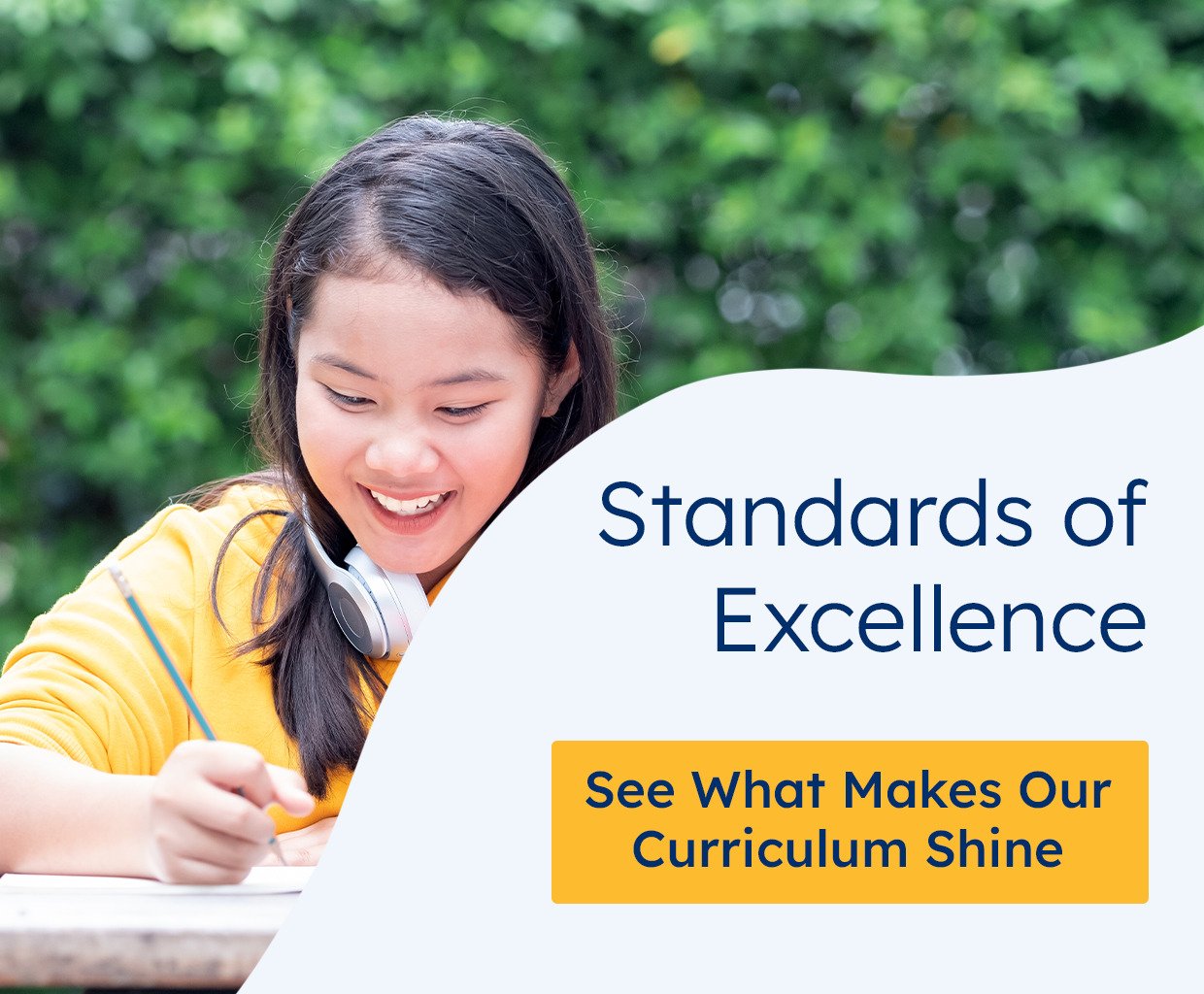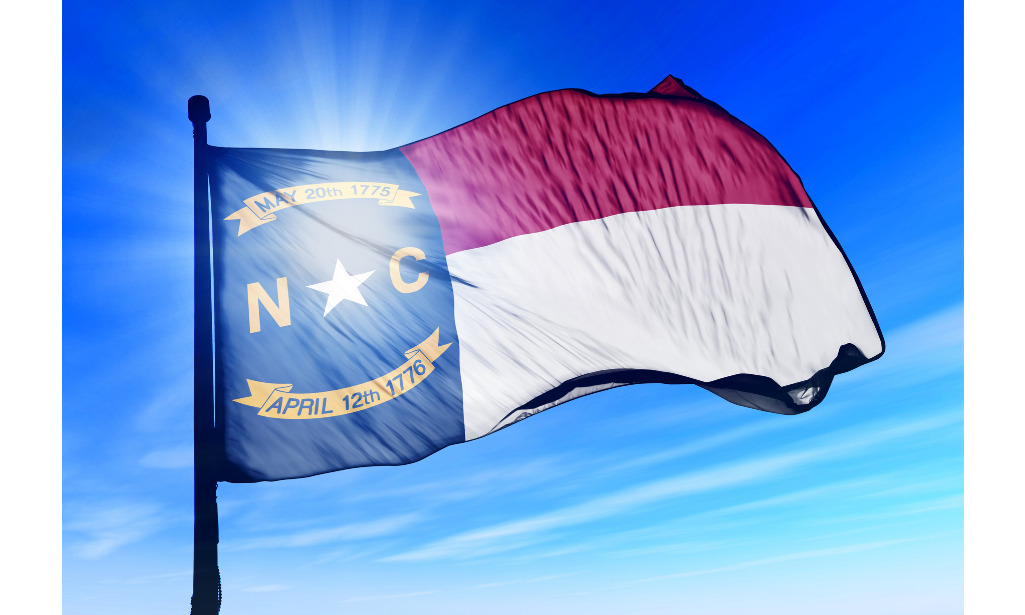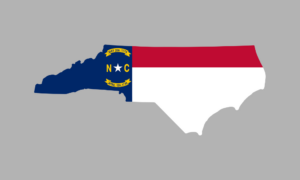If you’re living in North Carolina and are looking for an alternative to public or private school education, you’re in luck. It is legal to homeschool in North Carolina, as long as you follow some rules and requirements.
According to the data from the North Carolina Division of Non-Public Education (DNPE), the state is home to the most homeschooled students in the entire country. Bravo, North Carolina! As of 2023, the state had approximately 153,000 homeschooled students (though a group called North Carolinians for Home Education estimated closer to 188,000 homeschooled students). The only other state in the same ballpark was Florida, with approximately 143,000 homeschoolers in 2022. Percentage-wise, North Carolina’s homeschooling rate in 2021 was 10.6%, more than double the next highest state!
If you want to join the exploding population of homeschoolers in North Carolina, read on for some important rules and information you need to start homeschooling in the Tar Heel State!
Homeschooling Options in North Carolina
North Carolina law defines a homeschool as “a non-public school consisting of the children of not more than two families or households, where the parents or legal guardians or members of either household determine the scope and sequence of academic instruction, provide academic instruction, and determine additional sources of academic instruction.”
You can operate your homeschool as one of two different types of “non-public” schools: a qualified non-public school or a private religious school/school of religious charter. The requirements are the same regardless of the type of homeschool you choose.
North Carolina State Homeschool Law Summary
To homeschool in North Carolina, you must follow these steps:
- Submit a one-time notice of intent to operate a homeschool to the North Carolina Division of Non-Public Education when you are establishing a new homeschool. The notice must contain the name and address of your homeschool and the name of your homeschool’s owner and chief administrator.
- Ensure that the teachers in your homeschool have the required qualifications–at least a high school diploma or its equivalent.
- Your homeschool must operate on a regular schedule for at least nine calendar months each year. Except for “reasonable holidays and vacations.”
- Keep attendance and immunization records.
- Administer an annual standardized test at least once every school year. You are required to use a nationally standardized test or other nationally standardized equivalent measurement to measure achievement in the areas of English grammar, reading, spelling, and math. For one year after the testing, your child’s test scores must be kept “available” at your homeschool for annual inspection by a duly authorized representative of the state of North Carolina.
- Close your homeschool once you stop homeschooling in North Carolina or if you move out of the state. Notify the DNPE that your homeschool has closed. You can close your homeschool after logging in to the DNPE’s website.
Can You Still Access Public School Facilities and Activities While Homeschooling in North Carolina?
According to the Home School Legal Defense Association (HSLDA), North Carolina does not have a law granting homeschooled students the right to participate in public school classes and activities. It is entirely up to individual schools and school districts to decide whether to allow homeschooler participation. Policies often vary from district to district. If your child wants to participate in your local school district’s athletics or extracurricular activities, contact the Board of Education to find out what its policy is for homeschooled students.
If you’d rather bypass the school districts altogether, there’s an alternative for student-athletes. The North Carolinians for Home Education (NCHE) runs an Athletic Commission. Its goal is to provide homeschool athletes with the opportunity to participate on a high school-level team similar to what they’d experience with a private or public school. The NCHEAC operates under NCHE to provide leagues and tournaments in traditional high school sports.
NCHEAC homeschool teams consist only of homeschooled athletes and are primarily coached by homeschool parents. The organization follows the rules of the National Federation of State High Schools Association (www.nfhs.org) and claims to have “a level of competitiveness found on many school teams while preserving a high level of sportsmanship.” To be eligible to participate in an NCHEAC team or sport, students must comply with North Carolina homeschooling law.c
Is It Necessary to Keep Records?
As mentioned above, North Carolina law requires that you keep attendance and immunization records. And while it’s not mandatory, it’s always advisable to keep these important records for your homeschool, for at least two years:
- Attendance records
- Information on the textbooks and workbooks your student used
- Samples of your student’s schoolwork
- Correspondence with school officials
- Portfolios and test results
- Any other documents showing that your child is receiving an appropriate education in compliance with the law
It’s also recommended that you indefinitely keep your student’s high school records and proof of compliance with the state’s home education laws. This includes any type of home education notice that you file with state or local officials.
And there you have it! Homeschooling in North Carolina is legal and growing in popularity. And if you’re planning on homeschooling in the Tar Heel State, now is a great time to start! As you continue to research homeschooling, call the experts at Bridgeway Academy at (800) 863-1474 to discuss your options, learn about our award-winning programs and curriculum, and enroll!









